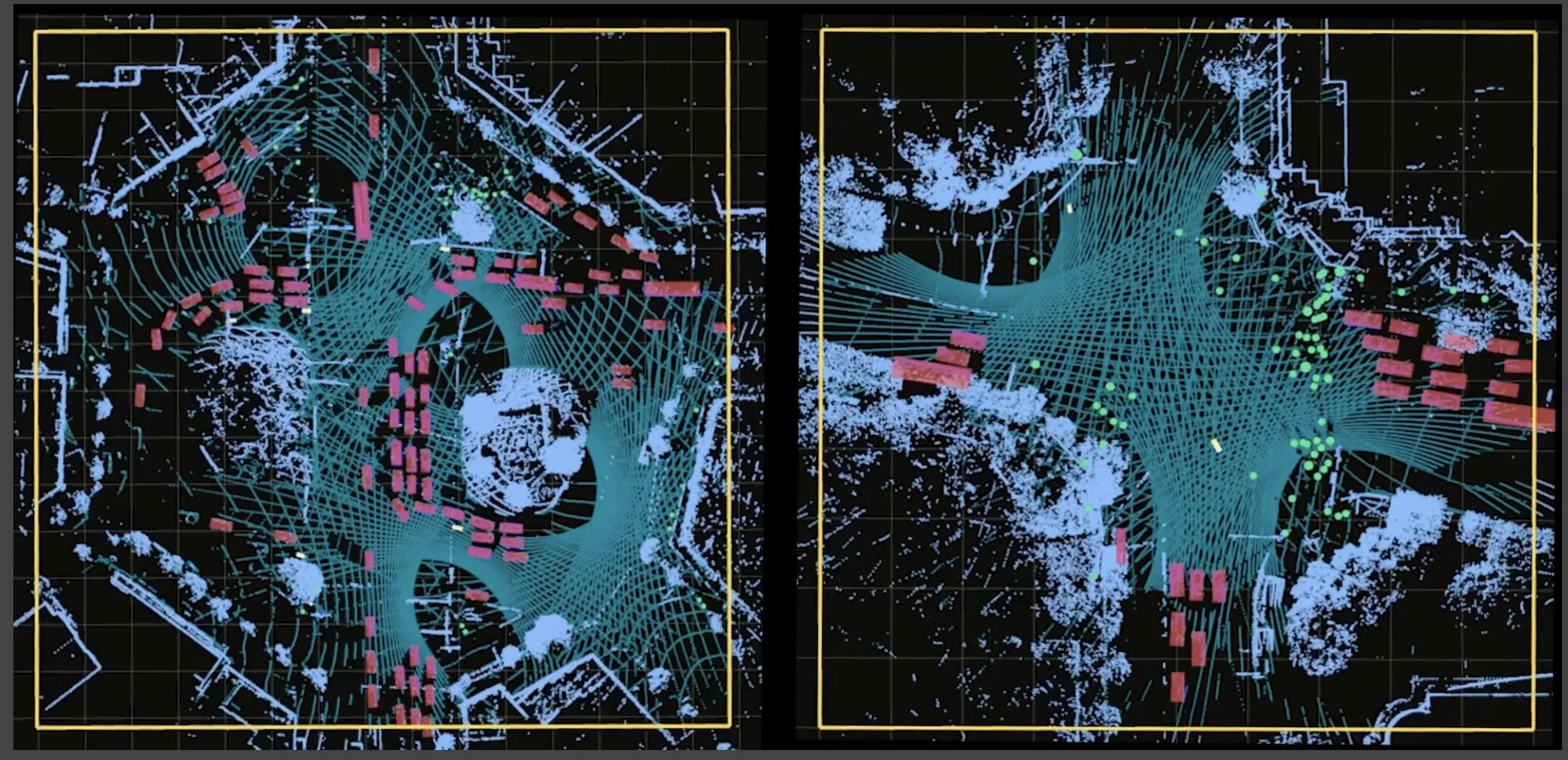Current by GE is partnering with Nokia to bring smart city technology to Canada. The firms say cities will have access to digital technology to improve challenges such as parking, traffic management, public safety enhancements and monitor air quality.
Through the agreement, Nokia will have access to Current by GE’s open data CityIQ platform, which will repurpose outdoor street lighting to collect data and distribute insights to cities. The combined digital solution is also expected to enable app develop
July 30, 2018
Read time: 1 min
Current by 940 GE is partnering with 183 Nokia to bring smart city technology to Canada. The firms say cities will have access to digital technology to improve challenges such as parking, traffic management, public safety enhancements and monitor air quality.
Through the agreement, Nokia will have access to Current by GE’s open data CityIQ platform, which will repurpose outdoor street lighting to collect data and distribute insights to cities. The combined digital solution is also expected to enable app development which can support a range of apps simultaneously.
Shawn Sparling, head of Canada enterprise sales for Nokia, says: “Responsive, flexible technology is key to creating smarter cities while enabling a safer and more sustainable environment.”
Current by GE works with municipalities and utilities to install digital technology to help accelerate urban growth and development.









